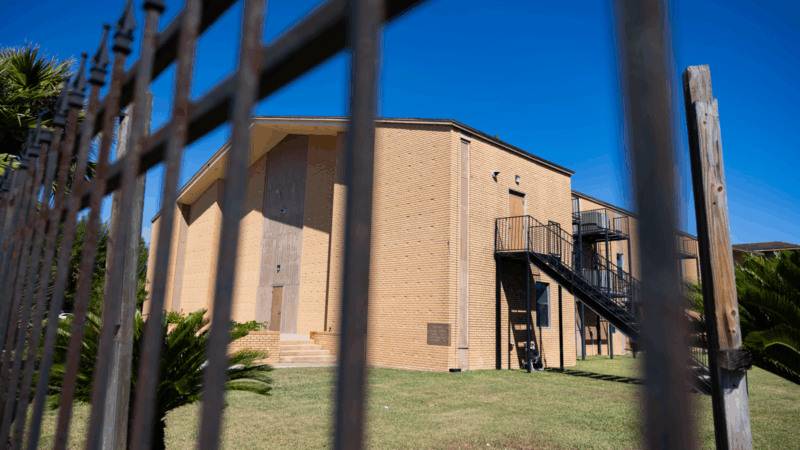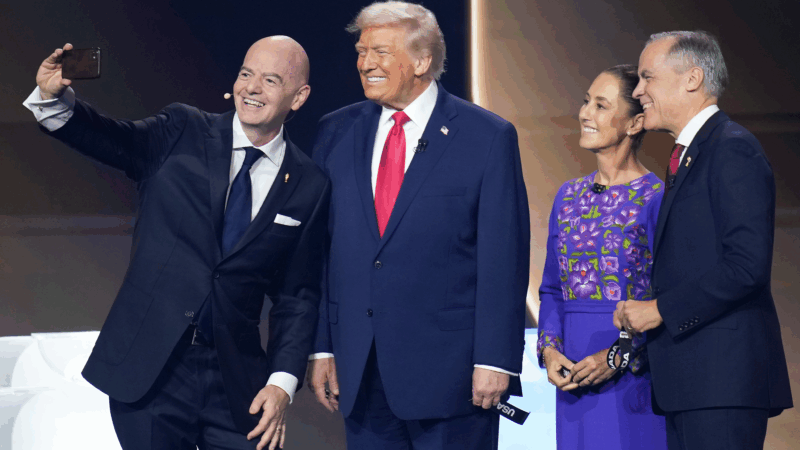Canada removes some of its retaliatory tariffs on the U.S.
TORONTO — Canada is dropping retaliatory tariffs to match U.S. tariff exemptions for goods covered under the United States-Mexico-Canada trade pact, Prime Minister Mark Carney announced Friday.
Carney said Canada will include the carve-out that the U.S. has on Canadian goods under the 2020 free trade deal that shields the vast majority of goods from the punishing duties.
“Canada currently has the best trade deal with the United States. And while it’s different from what we had before, it’s still better than that of any other country,” Carney said.
Carney and U.S. President Donald Trump spoke on the phone Thursday and Carney met with his Cabinet on Friday before making the announcement.
The move is designed to reset trade talks between the two countries. The USMCA is up for review in 2026, and Carney called the trade pact a unique advantage for Canada at a time when it is clear that the U.S. is charging for access to its market.
Carney said the commitment of the U.S. to the core of USMCA means the U.S. average tariff rate on Canadian goods remains one of its lowest, and that over 85% of Canada-U.S. trade continues to be free of tariffs.
Canadian and Mexican companies can claim preferential treatment under the USMCA.
Former Prime Minister Justin Trudeau initially put on retaliatory tariffs in response to U.S. tariffs, but before the U.S. tariffs were applied the Trump administration exempted goods covered by the free trade deal.
Most imports from Canada and Mexico are still protected by the USMCA, but U.S. Commerce Secretary Howard Lutnick has said, “I think the president is absolutely going to renegotiate USMCA.”
Preserving the free trade pact will be critical for Canada and Mexico. More than 75% of Canada’s exports go to the U.S. while more than 80% of Mexico’s exports go there.
Trump has announced some sector specific-tariffs that do apply for Canada despite the USMCA — known as 232 tariffs — which are having an impact on the Canadian economy. There is a 50% tariff on steel and aluminum imports, for example.
“Canada and the United States have reestablished free trade for the vast majority of our goods. Canada will retain our tariffs on steel, aluminum and autos as we work intensivily to resolve the issues there,” Carney said.
Carney previously rescinded Canada’s plan to tax U.S. technology firms after Trump said he was suspending trade talks with Canada over those plans, which he called “a direct and blatant attack on our country.”
The prime minister disputed any notion that Canada is appeasing Trump, noting that Canada is matching what the U.S. is doing.
“The president and I had a long conversation,” Carney said. “There is a review of the free trade agreement in the spring. We’re starting our preparations.”
Lana Payne, president of Unifor, Canada’s largest private sector union, characterized Carney’s announcement as Canada backing down, and said the country shouldn’t back down unless the U.S. drops all punitive tariffs.
“Trump’s attacks on auto, steel, aluminum, and forestry sectors are hurting Canadian workers in real time,” she posted on social media. “Walking back counter-tariffs isn’t an olive branch. It only enables more U.S. aggression.”
Voting nears to a close in Texas primary that may be crucial to control of the Senate
The GOP and Democratic primaries mark a potential litmus test for what direction base voters want their parties to go ahead of midterm elections this fall that will determine power in Congress.
Pregnant migrant girls are being sent to a Texas shelter flagged as medically risky
Government officials and advocates for the children worry the goal is to concentrate them in Texas, where abortion is banned.
The 2026 World Cup faces big challenges with only 100 days to go
Will Iran compete? Will violence in Mexico flare up? And what about funding for host cities in the U.S.? With only 100 days left before it beings, the 2026 World Cup in North America is facing a lot of uncertainty.
A glimpse of Iran, through the eyes of its artists and journalists
Understanding one of the world's oldest civilizations can't be achieved through a single film or book. But recent works of literature, journalism, music and film by Iranians are a powerful starting point.
Mitski comes undone
She may be indie rock's queen of precisely rendered emotion, but on Mitski's latest album, Nothing's About to Happen to Me, warped perspectives, questionable motives and possible hauntings abound.
This quiet epic is the top-grossing Japanese live action film of all time
The Oscar-nominated Kokuho tells a compelling story about friendship, the weight of history and the torturous road to becoming a star in Japan's Kabuki theater.






